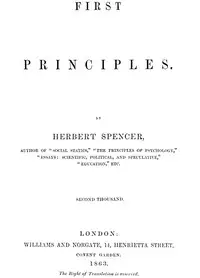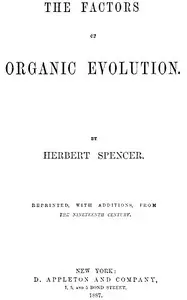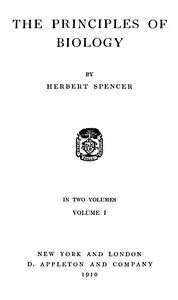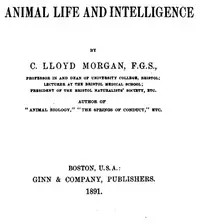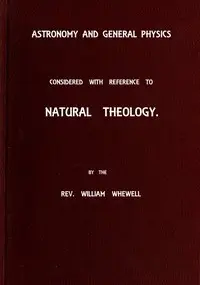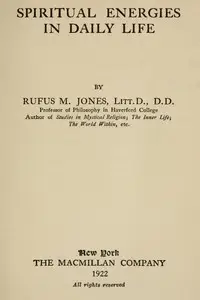"Spencer's Philosophy of Science" by C. Lloyd Morgan is a lecture turned scientific work that looks at Herbert Spencer's influence on science and the theory of evolution, mostly concentrating on his thoughts about bringing all knowledge together as one, and the rules that guide advancement and differences in the natural world. Morgan takes a close look at Spencer's ideas, most importantly his view of evolution as a widespread rule that fits in different areas, like life science, the mind, and society. The lecture explains how Spencer saw simple things changing into complicated things as a key rule of evolution, backing it up with the idea that changes cause many different results, but Morgan also points out problems with how Spencer put things together, mainly how he deals with awareness and thinking as important parts of evolution. It is put forth that a fuller, more scientific understanding of these advanced forms of connection is needed, saying that science and its thinking behind it can't be fully understood if the different kinds of connections that come up in complicated systems, like thinking and life itself, aren't recognized.

Spencer's Philosophy of Science The Herbert Spencer Lecture Delivered at the Museum 7 November, 1913
By C. Lloyd (Conwy Lloyd) Morgan
A deep examination into one scholar's theories shows the interconnectedness of evolution and awareness, revealing limitations in traditional scientific thought.
Genres
Released
2011-09-23
Formats
epub (images)
mobi (images)
mobi
epub
epub3 (images)
txt
Free Download
Summary
About the AuthorConwy Lloyd Morgan, FRS was a British ethologist and psychologist. He is remembered for his theory of emergent evolution, and for the experimental approach to animal psychology now known as Morgan's Canon, a principle that played a major role in behaviourism, insisting that higher mental faculties should only be considered as explanations if lower faculties could not explain a behaviour.
Conwy Lloyd Morgan, FRS was a British ethologist and psychologist. He is remembered for his theory of emergent evolution, and for the experimental approach to animal psychology now known as Morgan's Canon, a principle that played a major role in behaviourism, insisting that higher mental faculties should only be considered as explanations if lower faculties could not explain a behaviour.
Total Reviews
10.0k
Total reviews from Goodreads may change



